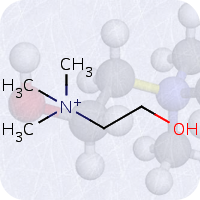ChEBI release 79
Chemical Entities of Biological Interest (ChEBI) is one of the free, yet fully curated databases in Chemistry. It is developed by my team at the European Bioinformatics Institute in Hinxton, Cambridge, UK. As of 09 May 2011 we now have ChEBI release 79 online, with 25,238 fully annotated three star level molecular entities.
The term ‘molecular entity’ refers to any constitutionally or isotopically distinct atom, molecule, ion, ion pair, radical, radical ion, complex, conformer, etc., identifiable as a separately distinguishable entity. The molecular entities in question are either products of nature or synthetic products used to intervene in the processes of living organisms.
ChEBI incorporates an ontological classification, whereby the relationships between molecular entities or classes of entities and their parents and/or children are specified.
ChEBI uses nomenclature, symbolism and terminology endorsed by the following international scientific bodies:
- International Union of Pure and Applied Chemistry (IUPAC)
- Nomenclature Committee of the International Union of Biochemistry and Molecular Biology (NC-IUBMB)
Molecules directly encoded by the genome (e.g. nucleic acids, proteins and peptides derived from proteins by cleavage) are not as a rule included in ChEBI.
All data in the database is non-proprietary or is derived from a non-proprietary source. It is thus freely accessible and available to anyone. In addition, each data item is fully traceable and explicitly referenced to the original source.
The text on the ChEBI website is available under the Creative Commons License.
Categorised as: Open Science

Chris, can you be more detailed about “All data in the database is non-proprietary or is derived from a non-proprietary source. It is thus freely accessible and available to anyone.”
What do you mean to say here? That all data is following the Panton Principles? Or just that it is available under a CC license, like the website texts? Do I understand that the texts are not data?